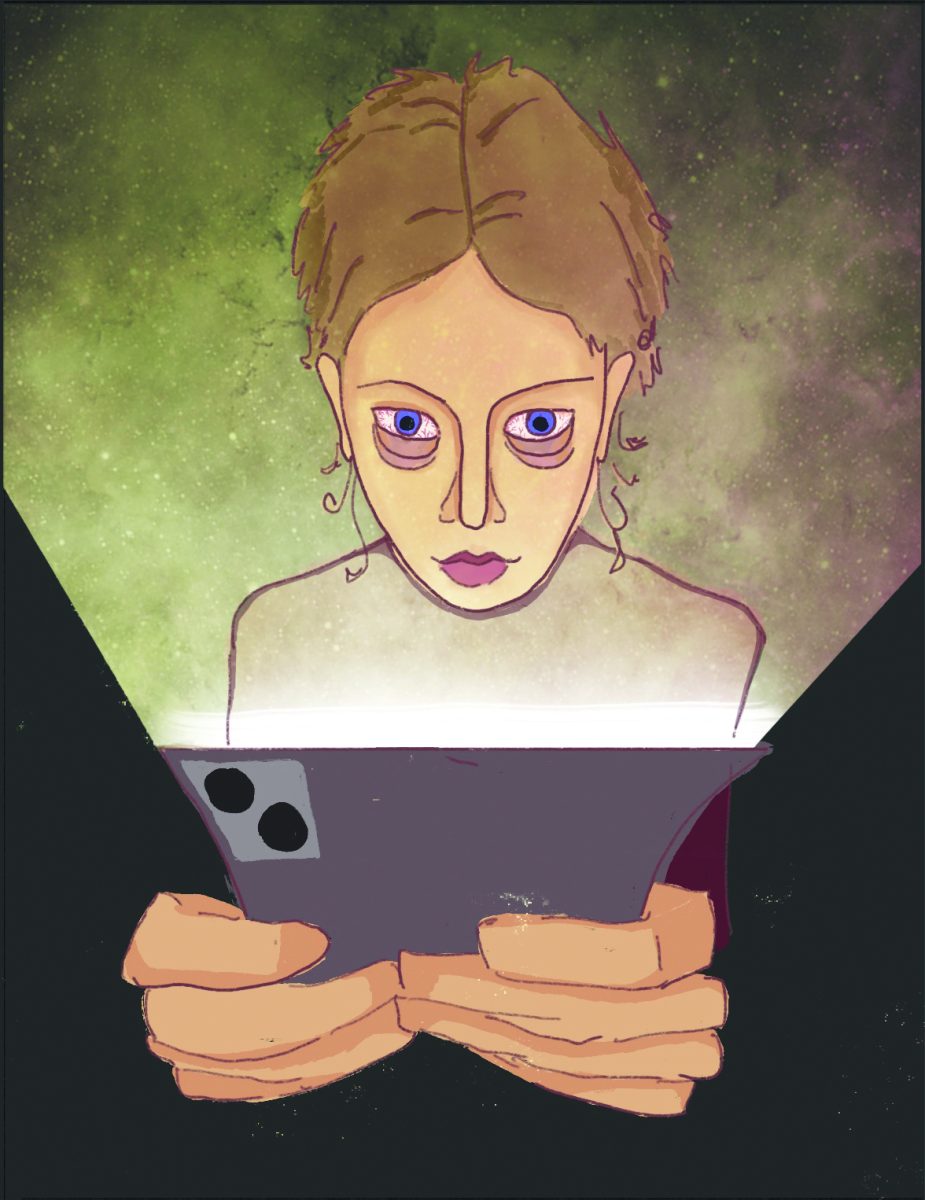It’s curious to think about how far we’ve come. From crossing the country by horseback to flying coast to coast by Learjet, from waiting months for a letter from a loved one lands away to pressing a button and having a message arrive on a screen seconds later, it’s easy to say the 21st century has lost romance.
We no longer enjoy the element of original penmanship and hand delivered envelopes by the Pony Express, but rather crave instant gratification fed by our impatience.
Some could argue we’ve lost that human connection that has shaped our history. Some could say that we have become so obsessed with getting “faster,” and when we eventually get so fast, we’ll skip human relationships – and to some degree there is no counter argument.
It’s true that some days we spend more time looking at screens than each other, and it’s true that one day we’ll make video stores obsolete because who doesn’t prefer having a movie delivered directly to your door or television. But then again, who can blame us when it comes down to a matter of convenience, or even curiosity?
With Facebook and other social networking sites, our inquiries about how our high school lab partner ended up are put to rest with few mouse clicks. We reconnect with old friends and rekindle dead relationships. With these new tools, the world is now smaller than ever.
On a larger scale, technology has let us quicken our response to natural disasters. When the 7.0 magnitude earthquake hit Haiti in January, no time was wasted in terms of relief. The Red Cross implemented a system that allowed each American to send a text message that automatically donated $10 to the relief fund. In just 24 hours, the Red Cross had collected $7 million – a record-breaking success.
What does that say about us? That we spend too much time on our cell phones or laptops? This may be, but when text messages are being sent to save lives, how can you argue that we’re overlooking human relationships? By punching seven numbers and one word into their cell phones, Americans reached out to desperate Haitians, showing compassion for strangers thousands of miles away.
The world’s obsession with computers and technology has bridged geographical and cultural gaps. Websites, like “ChatRoulette,” allow an American teenager and a Pakistani teenager to talk face to face, and because of YouTube, Swedish and Indonesian kids can both share a love for Kanye West.
Places around the globe don’t seem so different and far away anymore. Unlike our parents, teenagers in different countries are no longer growing up in different worlds. We now have common interests and pictures that link us to these distant places and people. Although some could say this is the destruction of individual world cultures, it’s more of a step towards world cooperation and acts of global compassion. As we get used to our new high-tech world, we will eventually recognize that this trade off allows us to start from our similarities, and not our differences.




